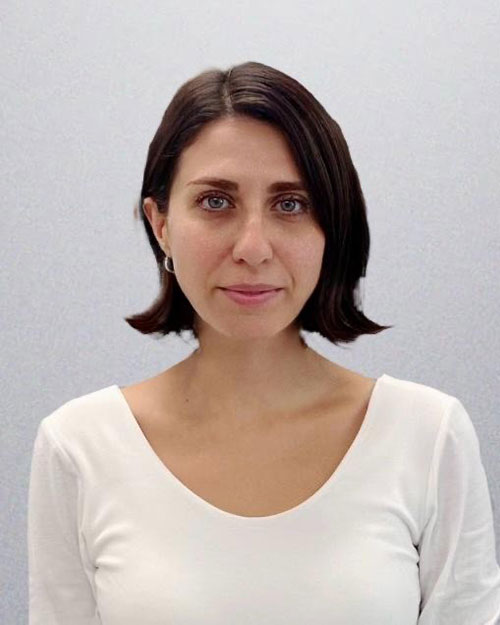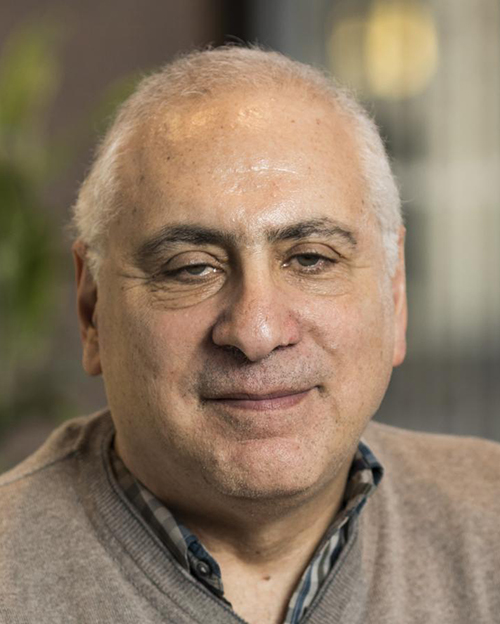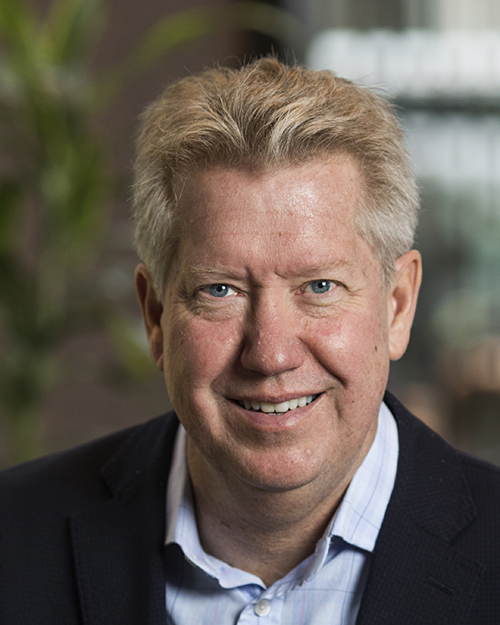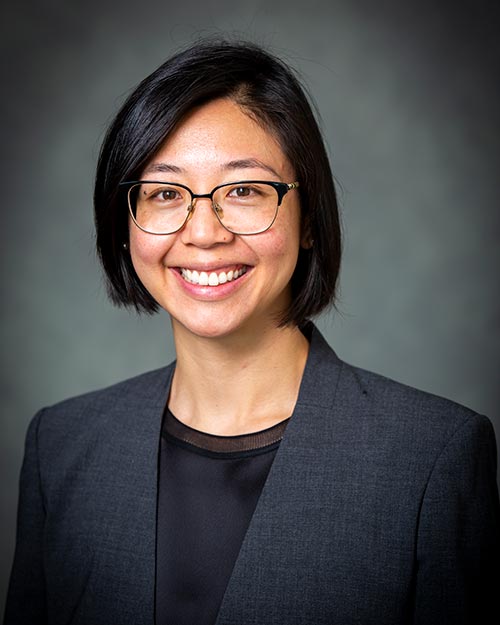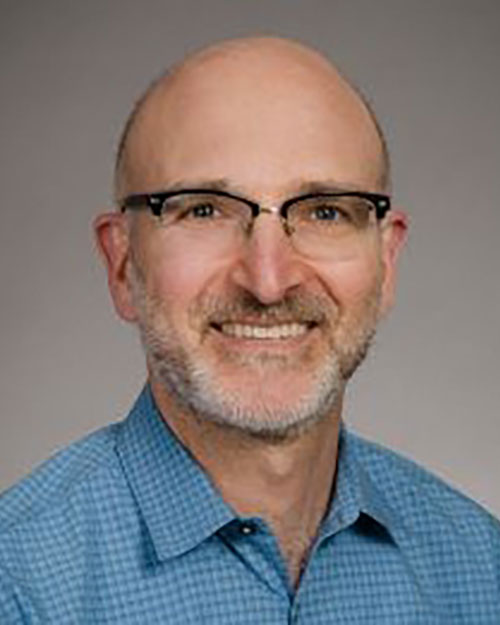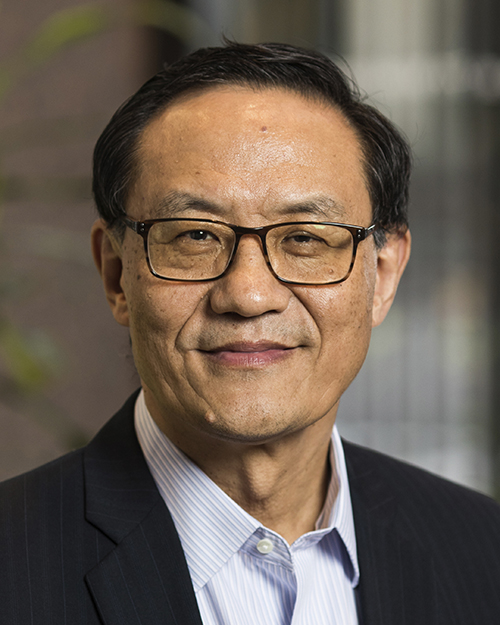Metabolism & Basic Biology of Aging
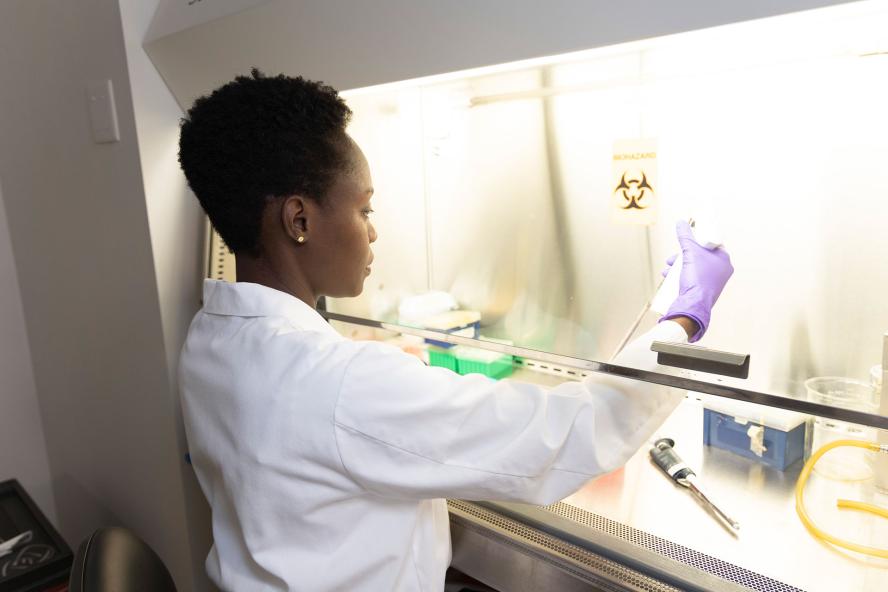
Research in our Metabolism & Basic Biology of Aging directive focuses on understanding cellular and molecular processes that contribute to age-related diseases.
Scientists in this directive investigate a variety of factors including dietary components, physical activity, immune responses, intestinal homeostasis, the microbiome, cellular dysfunction, and senescence, and the key metabolic and molecular processes by which those factors impact age-related health.
Examples of our work
Research Summary: Predicting the Onset of Mobility Loss and Impact of Physical Activity
Mobility declines with age, contributing to loss of independence and quality of life in older adults; but the biological drivers of this loss of function are largely unknown. Work in our Metabolism & Basic Biology of Aging directive explored the links between mobility declines in older adults and biomarkers of cellular senescence (a stress response that can contribute to a variety of age-related diseases), as part of a large clinical trial, conducted in part at the HNRCA. Our scientists found that several factors secreted by senescent cells were predictive of mobility loss, and that high levels of physical activity decreased both biomarkers of senescence and risk of disability. These results provide evidence of a link between senescence and mobility decline in older adults and identify physical activity as a possible mitigating intervention.
Research Summary: Targeting an intestinal enzyme to help protect against obesity
Obesity remains a major public health challenge and understanding its underlying metabolic mechanisms is important to help address it. Work in our Metabolism & Basic Biology of Aging directive found that the enzyme acyl CoA synthetase 5 (ACSL5) produced in the small intestine, is involved in the development of diet-induced obesity. When we fed mice lacking the intestinal enzyme ACSL5 a diet that typically causes obesity, the mice did not become obese. They ate less of the diet because they had increased blood levels of the satiation hormones, glucagon-like peptide 1 and peptide yy, which are produced in the intestine. These findings suggest that targeting intestinal ACSL5 expression through dietary strategies may help protect against the development of obesity.
Additional studies
-
The decline in gut function and metabolic health with age raises the risk of chronic diseases such as obesity and diabetes. While gut-based interventions can improve metabolism, it remains unclear how their effects differ and function between males and females. Work in our Metabolism & Basic Biology of Aging directive investigates gut function in aging by determining gut microbiota composition, gut barrier status, function of different gut cell types, and intestinal inflammation, and understanding how these factors influence body weight and glucose metabolism in male and female mice. This work aims to identify targeted gut-based interventions that can be translated to humans to maintain gut and whole-body health across the lifespan and prevent chronic metabolic disease onset.
-
Many older adults experience appetite loss, which can lead to malnutrition and serious health complications. Unfortunately, in clinical practice, appetite loss is frequently unrecognized and therefore untreated. To better understand this issue, scientists in the Metabolism & Basic Biology of Aging directive conducted a systematic review of 58 studies to thoroughly summarize the available evidence regarding the relationship between appetite loss and adverse health outcomes in adults ≥ 65 years old. The review revealed older adults with appetite loss had a heightened risk for several negative health problems, especially malnutrition and mortality. These findings highlight a need for enhanced screening to detect and treat appetite loss in aging populations.
-
Tryptophan hydroxylase (TPH) enzymes control serotonin production, which functions as a hormone and neurotransmitter. Two isoforms exist: TPH1, found in peripheral tissues, helps with energy balance, while TPH2, mainly in neural tissue, also appears in adipose tissue, where its role is unclear. Scientists in the Metabolism & Basic Biology of Aging directive discovered that mice lacking adipose tissue TPH2 became obese on a high fat diet, but did not develop obesity-related metabolic issues, like glucose intolerance or liver steatosis. Conversely, overexpression of TPH2 in adipose tissue led to obesity and metabolic problems in mice fed a standard diet. These findings suggest that inhibiting TPH2 activity in adipose tissue may help prevent metabolic dysfunction associated with obesity.
